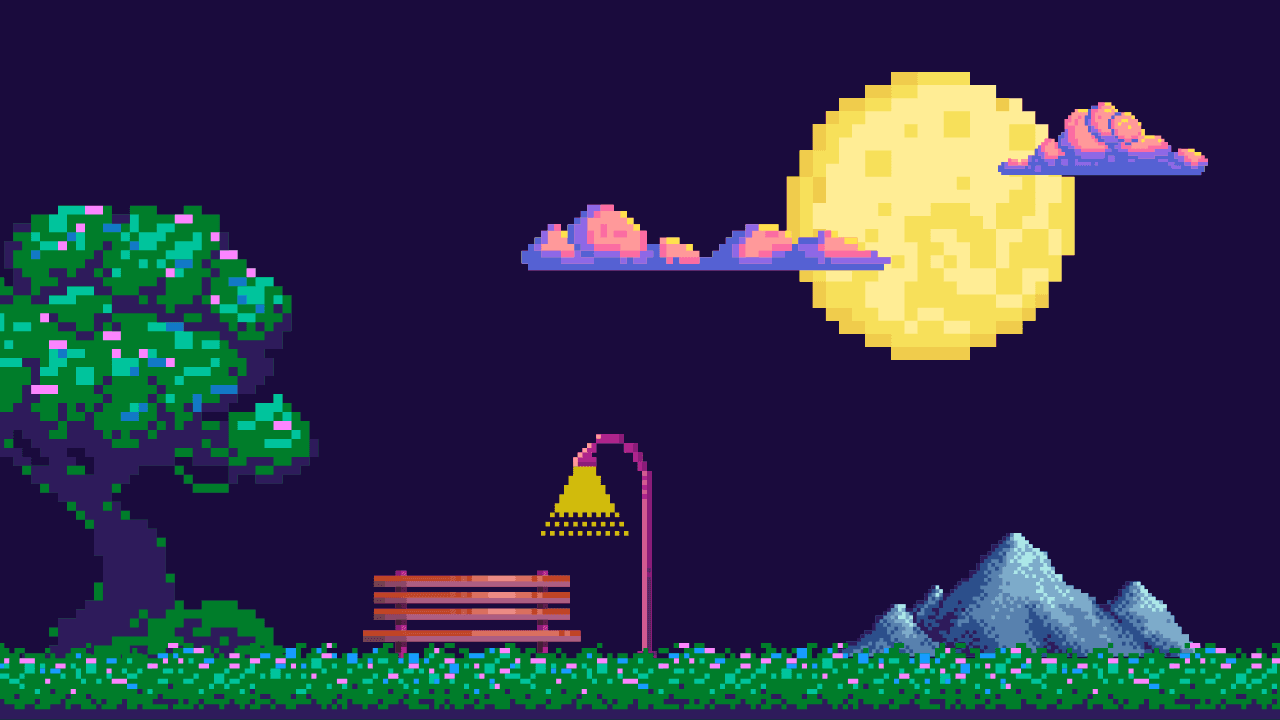June 30, 2023
🌱 Seedling

If the internet of today was a city, Wikipedia would be its lone public commons — one of the last few free places built, above all, for community. Of the world's top hundred websites, Wikipedia is the only non-commercial one. This signals two things.
One, what's driving the internet is not the same purpose that the inventor of the internet, Tim Berners-Lee, envisioned in 1989: "an interactive world of shared information through which people could communicate with each other and with machines".
Two, despite category monopolies and surveillance capitalism being the new modus operandi and the Internet of Beefs being an actual thing, Wikipedia, in all its open-source glory, still stands.
Despite being the seventh most visited site in the world, Wikipedia is borderline invisible. Even if you Googled 'Wikipedia', it takes you to the Wiki page about Wikipedia. Call it Wikiception — this ginormous platform, with over 6 million articles in the English language alone, was intentionally designed to be ubiquitous. There, but not there.
Rabbitholes I want to explore:
How and why Wikipedia hasn't succumbed to the same Internet of beefs phenomenon that has taken over Facebook, Twitter and the likes
What does it feel like to be on Wikipedia? Does their site architecture have anything to do with it?
